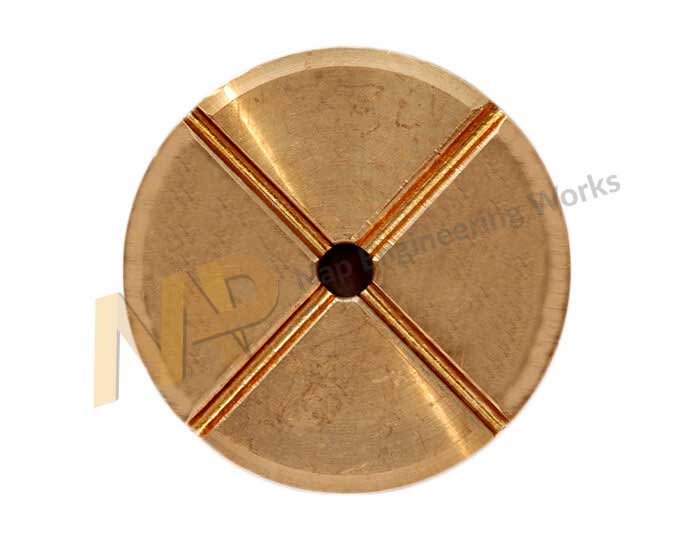A Few Factors Regarding the Comparison of Aluminium Alloys for Casting
As it comes to adopting a casting process for creating a new product, it’s not only the method that you have to consider. There are many more things that also should be considered. The quality of the material, costs, and practical applications of the end product should also be taken into consideration. This applies to all kinds of metal casting including aluminium alloy casting.
Here is a brief discussion regarding comparing these alloys for the casting process.
What are the Reasons to Choose Aluminium Alloys for Casting?
Pure aluminium doesn’t have a direct industrial implementation. It can’t be used for industrial purposes in its pure form as it is not strong enough to serve the purpose. And thus aluminium (Al) alloys are used for industrial purposes. The manufacturers create the alloys to enhance the stiffness and the strength of the material. However, they don’t compromise the positive factors found in the metal in its purest form. The metal is corrosion-resistant and lightweight. And these positive aspects are always taken into consideration while creating alloys. Aluminium alloys are especially good for casting. They have high fluidity as well as a low melting point. They are chemically stable and can withstand high heat without being cracked. Though alloys of copper and zinc are also used. But aluminium and iron alloys top the list.

Different Types of Aluminium Alloys with their Specialties
Every alloy of this non-ferrous metal has individual uses to serve different purposes.
- LM5 – Popular for machinability
- LM6 and LM 25 – Known for casting techniques
- LM31 – Used for their high corrosion resistance properties
Depending on the characteristics, the manufacturers choose the alloys so they can best fulfill their purpose.
Which Al Alloy to be chosen for your Casting requirements?
Every alloy of aluminium has its own traits. Individual properties should be considered so you can get superior quality finished product. The malleability of Al alloy, for example, may not be useful for your process. However, since the alloy is lightweight and strong, you can expect the ultimate product to be a great success as it hits the market.
If you have the specification for the alloy in mind, start comparing and contrasting the materials available in the market.
How would you compare the global standard of these alloys?
Many nations have their individual system for designating Al alloys into different categories. Therefore, comparing the specifications from across the globe is quite difficult. It is hardly possible as there is no specific globally recognized system.
How do you choose the right alloy for your casting?
Even after the discussion, if you’re not able to choose the right alloy, contact a professional alloy manufacturer.
What are the factors to consider while choosing your aluminium alloys?
- Tensile strength
- Elongation
- Density
- Brinell hardness
- Thermal con
- Freezing range
- Machinability
- Electrical con
- Non-spark
- Corrosion resistance
- Electro planting suitability
- Casting traits – sand casting
- Casting traits – gravity die casting
- Cost of material
So, next time when you will plan to buy aluminium alloys for your casting process, have a look beforehand at the points discussed above.

